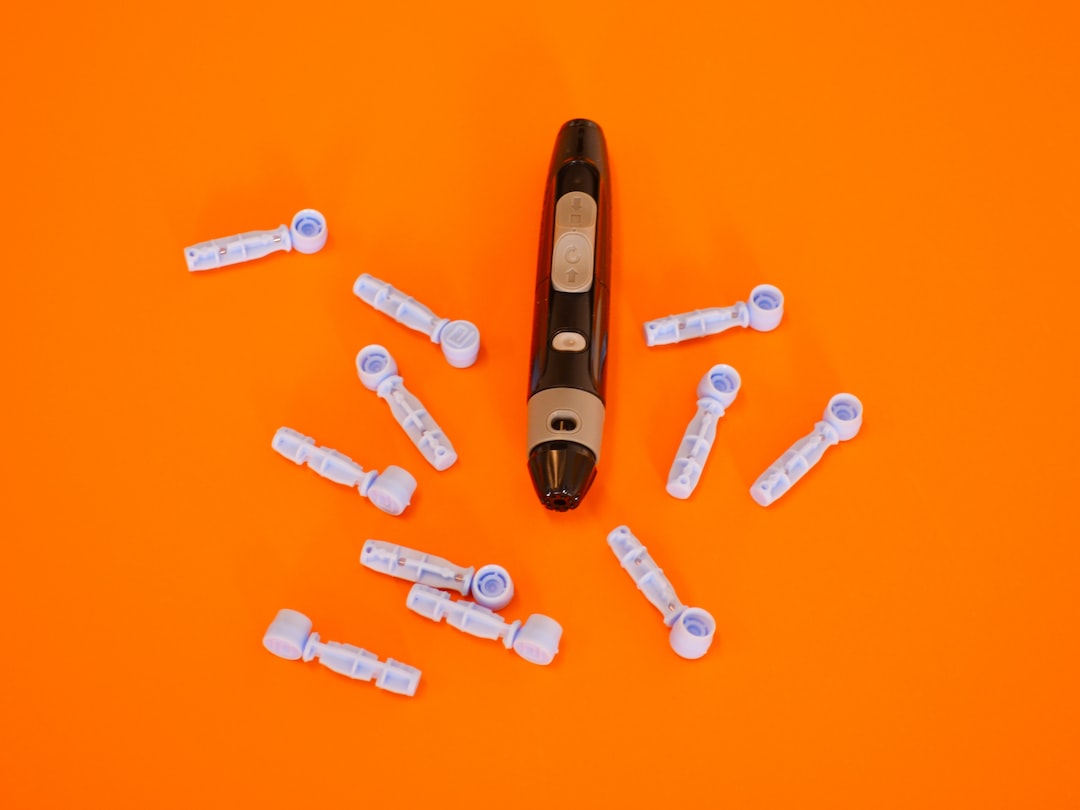When one door opens, another… opens? This was the case for University of Calgary alumni and current graduate students Justin Burkett and Julia Imanoff, who found space and inspiration to support their nursing community during the pandemic through group mindfulness sessions.
The two thank the Dean of the Faculty of Nursing, Dr. Sandra Davidson, PhD, for leading the charge on a faculty-level mental health strategy, allowing new initiatives to flourish. This, coupled with support for the UCalgary Campus Mental Health Strategy, inspired nurse practitioners to create an eight-episode podcast on mindfulness and mindfulness meditations.
Title Get out of reactivity, the series is informed by Burkett and Imanoff’s experiences as registered nurses. “Stress and burnout are very high in our profession, even before COVID,†says Imanoff, MN’16. Those who work in helping professions, teaching and learning environments, or really anyone who is very stressed or very responsive, she says, may find the meditations featured in the podcast favorable.
By working with Burkett, BN’14, GCert’20, GCert’21, the two hope to build resilience in their communities and beyond.
Addressing the Benefits and Misconceptions of Mindfulness with Science
Research continues to intensify on the benefits of mindfulness, happier moods, Better sleep and lower stress levels, To weightloss and cancer cure.
However, Burkett acknowledges that “mindfulness” may have become an overused and misunderstood word. “Some people have visceral reactions and can be completely put off by it,†he says. But Burkett wants to dispel those judgments so that more people can have the opportunity to enjoy his benefits.
It is not a religion; it is not even “doing nothingâ€. It is an active process of training the mind in a technique.
This training of the mind can be understood literally, with studies confirmation of physical changes happens to certain structures of the brain.
Imanoff finds proof of this in his own life. “People notice different things about you,†she says. “People will say, ‘What are you doing for a living? You look different, you feel different. ”
During her final year of a master’s in nursing, Burkett, a professor in the Faculty of Nursing at the University of Calgary, found that students who practice mindfulness have better interactions with patients. “I notice that the therapeutic relationship is completely changing,†he says.
Stressful environments, the helping professions lend themselves to mindfulness meditation
The meditations featured in the podcast have been identified by Burkett and Imanoff as those that are suitable not only for the helping professions, but also for anyone experiencing stress.
“You are always learning new skills,†Imanoff explains of the sense of constant giving that the helping professions have. “Even the first time a student gives medicine, it’s so stressful for him; they don’t want to hurt. The constant state of stress can really do a lot for our nervous system, and you can see these people with high states of reactivity.
“Build resilience; team working; work in a high acuity situation, constantly learning new skills; a job where you are constantly under stress … This idea of ​​getting out of the reactive space and being more present with teammates and patients is in everyone’s interest.
Focus, clarity and a sense of grounding, explains Burkett, are central principles of mindfulness meditation.
“For anyone to be able to focus more, see more clearly, and be okay with what’s going on, these are skills that are extremely beneficial in our environments,†he says. “It also goes with growing compassion. You have more patience to listen and absorb what is around you… it is rejuvenating. And you, in turn, can make better choices. “
Decide if mindfulness is right for you
Imanoff and Burkett took care when creating their podcast to recognize that everyone came from different backgrounds and understandings.
“We have to be careful, because not all meditations should be done without a teacher or without guidance,†says Burkett. “Some meditations can trigger a reactive state, but the ones we have for this podcast are intentionally designed for those who may be new to the practice and who wish to be guided smoothly to progress at their own pace. ”
They see their podcast as one tool in a toolbox. “Mindfulness is an opportunity to reflect. It’s an audio podcast, not a therapy session, â€explains Imanoff. “Depending on where people are on their meditation journey, mindfulness presents itself in different ways for different people.”
Burkett found that practicing mindfulness supported his own periods of anxiety and depression. “It had a huge impact on my life, how I feel about myself, the way I interact with people,†he says. But, “You can use mindfulness as a therapeutic intervention, but that’s not exactly what we do. If you are continuing the journey you may want a teacher or a seated group.
Imanoff and Burkett don’t want others to feel guilty about not starting the practice right away.
Sometimes it’s a matter of timing
Introduced to mindfulness meditation during a very stressful time in her life, even Imanoff was skeptical at first. “I had two kids under the age of two (and I was a) graduate student, full-time teacher; what five minutes did I even get? But I did, â€she says. “And now I sit for a minimum of 10 minutes because the perks make me more productive, less responsive to my kids. It bleeds into all aspects of my life.
“You may not be ready for meditation yet. If you’re willing to give it a try, it looks different than when you force it. I know that during a time of high stress my initial response to meditation was very different from when I was ready and willing to really try. But it’s not for everyone.
Burkett says that practicing mindfulness can be done anywhere, for any length of time. “It doesn’t even have to last five minutes,†he says. “In the (last) episode we’ll be talking about integrating into everyday life. While you’re in the elevator brushing your teeth, find 10 seconds every so often throughout the day.
The eight-part podcast, Get out of reactivity, publishes episodes weekly and is available on most major podcast players.
 AD Roberts
AD Roberts



